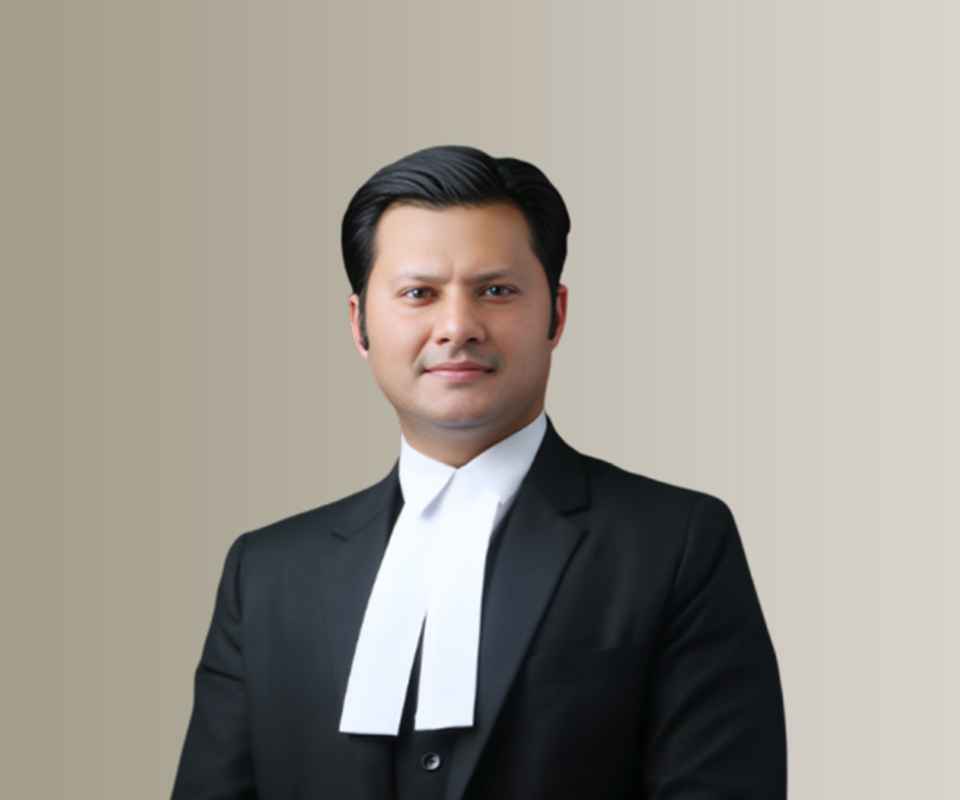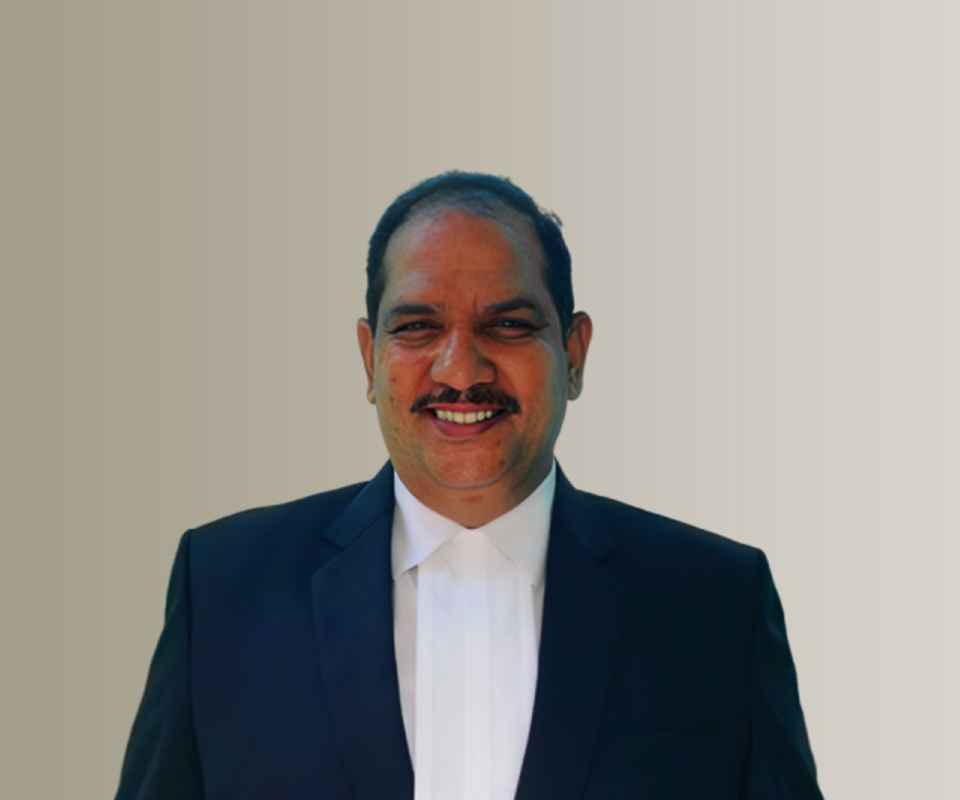Answer By law4u team
Definition: The legal process of a deed of marriage refers to the official steps required to register a marriage and obtain a marriage certificate, which legally validates the union between two individuals. This process varies depending on the type of marriage (civil or religious) and the laws governing it.
Legal Process of Deed of Marriage in India:
1. Choosing the Applicable Law
- Hindu Marriage Act, 1955: Applicable for marriages where both parties are Hindus, Buddhists, Jains, or Sikhs.
- Special Marriage Act, 1954: Applicable for interfaith marriages or if neither party wishes to marry under their personal religious laws.
- Muslim, Christian, and Parsi Personal Laws: Applicable to marriages within these communities, each governed by their respective personal laws.
2. Notice of Intended Marriage (For Special Marriage Act)
- Under the Special Marriage Act, couples must submit a notice of their intended marriage to the Marriage Registrar of the district where at least one of them has resided for 30 days.
- The notice is displayed publicly for 30 days to allow for objections. If no objections are raised, the marriage can proceed.
3. Marriage Ceremony
- Religious Marriage: For marriages under religious laws, the marriage ceremony is performed according to the customs and rituals of the specific religion. A religious certificate may be issued by the officiating authority.
- Civil Marriage: Under the Special Marriage Act, a civil marriage ceremony is conducted by the Marriage Registrar after the notice period, with at least three witnesses present.
4. Registration of Marriage
- Religious Marriages: After the religious ceremony, the marriage must be registered with the local Marriage Registrar to obtain an official marriage certificate. The parties need to submit proof of the ceremony along with identity and address proofs.
- Civil Marriages: The marriage is registered immediately after the ceremony under the Special Marriage Act, and a marriage certificate is issued.
5. Issuance of Marriage Certificate
- After the successful registration of the marriage, the Marriage Registrar issues a marriage certificate. This certificate is a legal document that serves as proof of the marriage.
6. Document Requirements
- Identity Proof: Aadhar card, passport, voter ID, or other government-issued IDs.
- Address Proof: Utility bills, bank statements, or rent agreements.
- Photographs: Passport-sized photographs of both parties.
- Age Proof: Birth certificate or school leaving certificate to confirm that both parties meet the legal age requirement (18 for women, 21 for men).
7. Fee Payment
- A nominal fee is required for the registration of marriage, which varies by state and the type of marriage.
Summary: The legal process of obtaining a deed of marriage in India involves selecting the appropriate law, conducting the marriage ceremony (either religious or civil), registering the marriage with the local authority, and obtaining a marriage certificate. This certificate legally validates the marriage.







